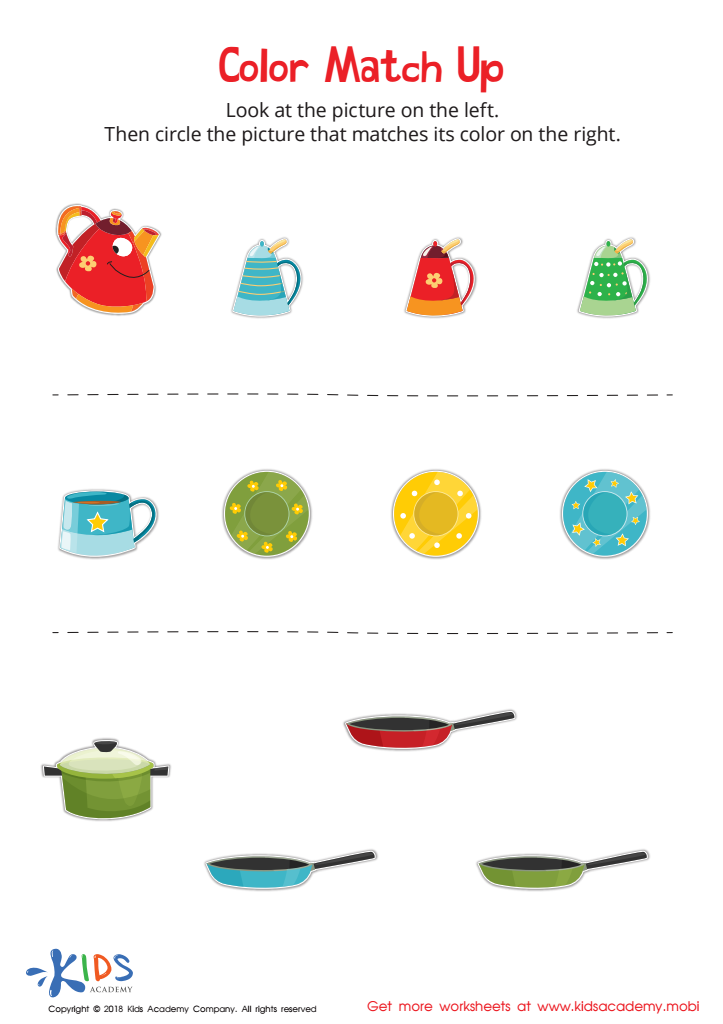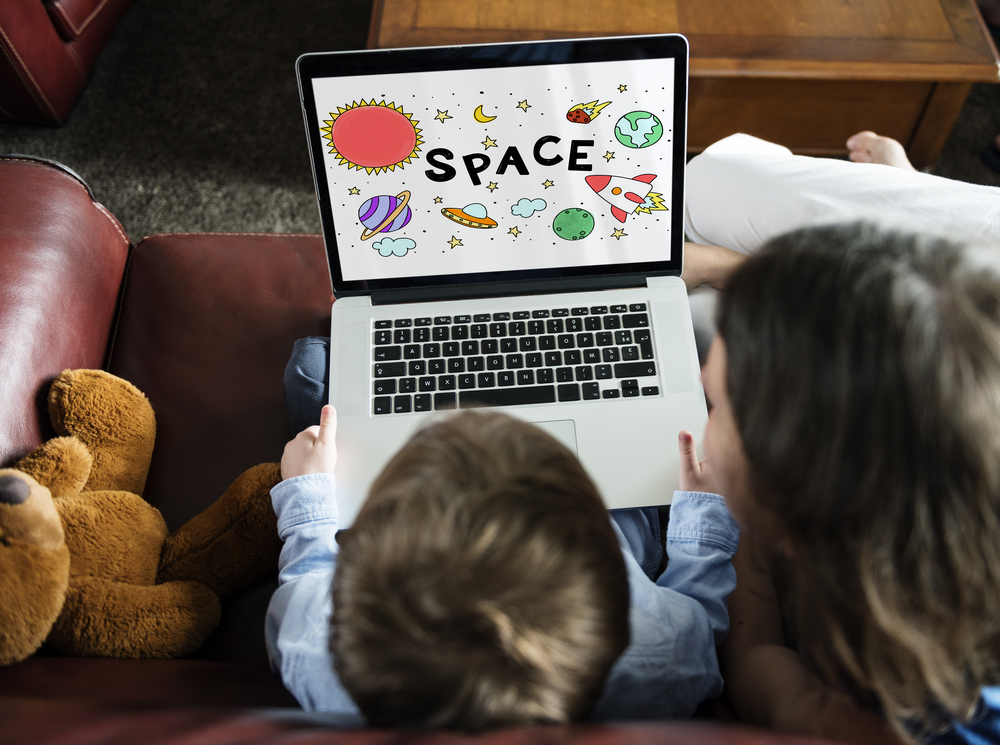Matching skills Normal Matching Worksheets for Ages 5-6
4 filtered results
-
From - To
Enhance your child's cognitive development with our Matching Skills Normal Matching Worksheets for Ages 5-6. Designed with vibrant images and engaging activities, these worksheets help kids sharpen their visual discrimination and pattern recognition abilities. By practicing matching shapes, colors, and objects, children will improve their focus and problem-solving skills while preparing for more advanced math concepts. Ideal for home or school use, these worksheets ensure learning is fun and effective. Help your child build a strong foundation in early math skills through our expertly crafted matching exercises. Explore our collection today and watch them thrive!
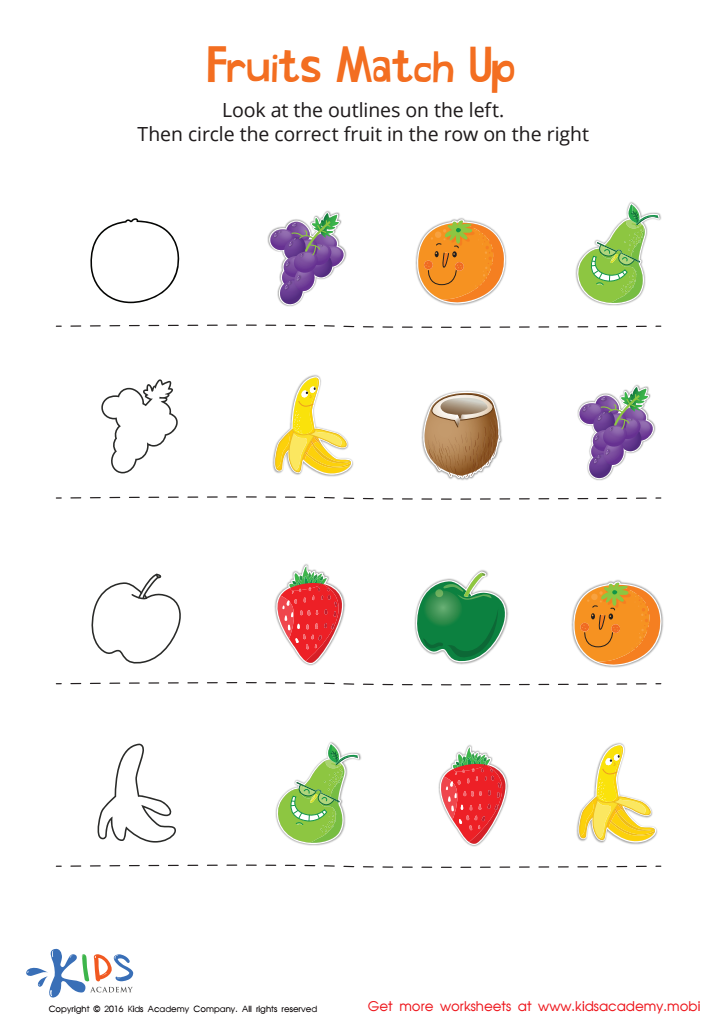

Fruits Match Up Worksheet
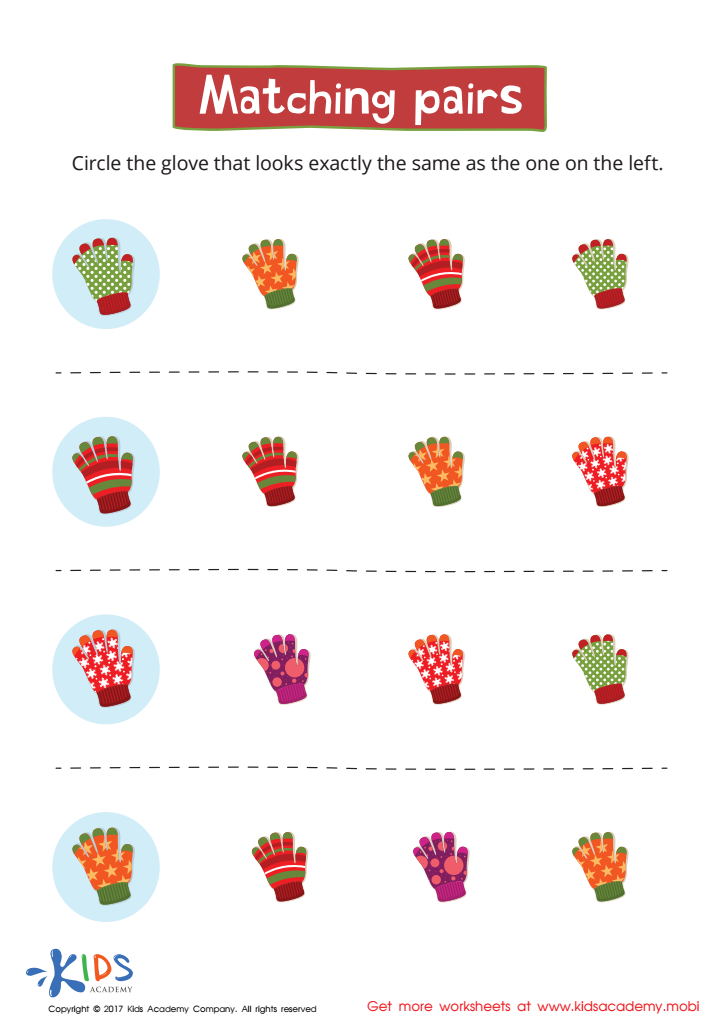

Matching: Matching Pairs Worksheet
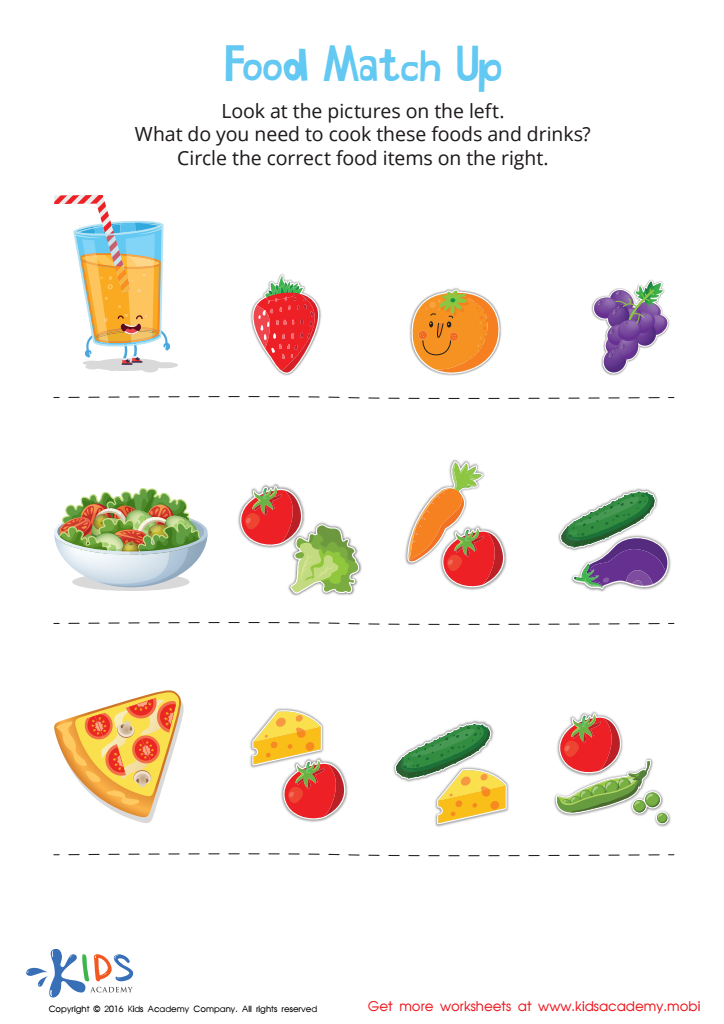

Food Match Up Worksheet
Matching skills are fundamental cognitive abilities that enable young children, typically aged 5-6, to compare, categorize, and identify similarities and differences between objects, shapes, colors, and patterns. This seemingly simple task is crucial for early childhood development for several reasons.
Firstly, matching enhances fine motor skills as children often manipulate objects to find matching pairs. This improved dexterity is essential for tasks like writing, cutting, and dressing. Secondly, matching activities boost memory and concentration. Children learn to recognize and recall the features of objects, shapes, and colors, strengthening their memory capabilities.
Moreover, matching tasks support mathematical readiness. Recognizing patterns and pairs is a precursor to understanding more complex concepts like counting, sorting, and sequencing, which form the basis of early math skills. Reading readiness is also enhanced through matching, as children begin to differentiate letters and words, linking shapes and sounds in preparation for literacy.
Additionally, successful matching experiences build self-esteem and confidence. When children correctly match items, they experience a sense of accomplishment that encourages them to tackle more challenging tasks. Lastly, these activities foster critical thinking and problem-solving skills, as children learn to make decisions and identify relationships.
Overall, by engaging children in matching activities, parents and teachers provide vital support for their intellectual, motor, and emotional development, laying a foundation for future academic and life skills.
 Assign to My Students
Assign to My Students
